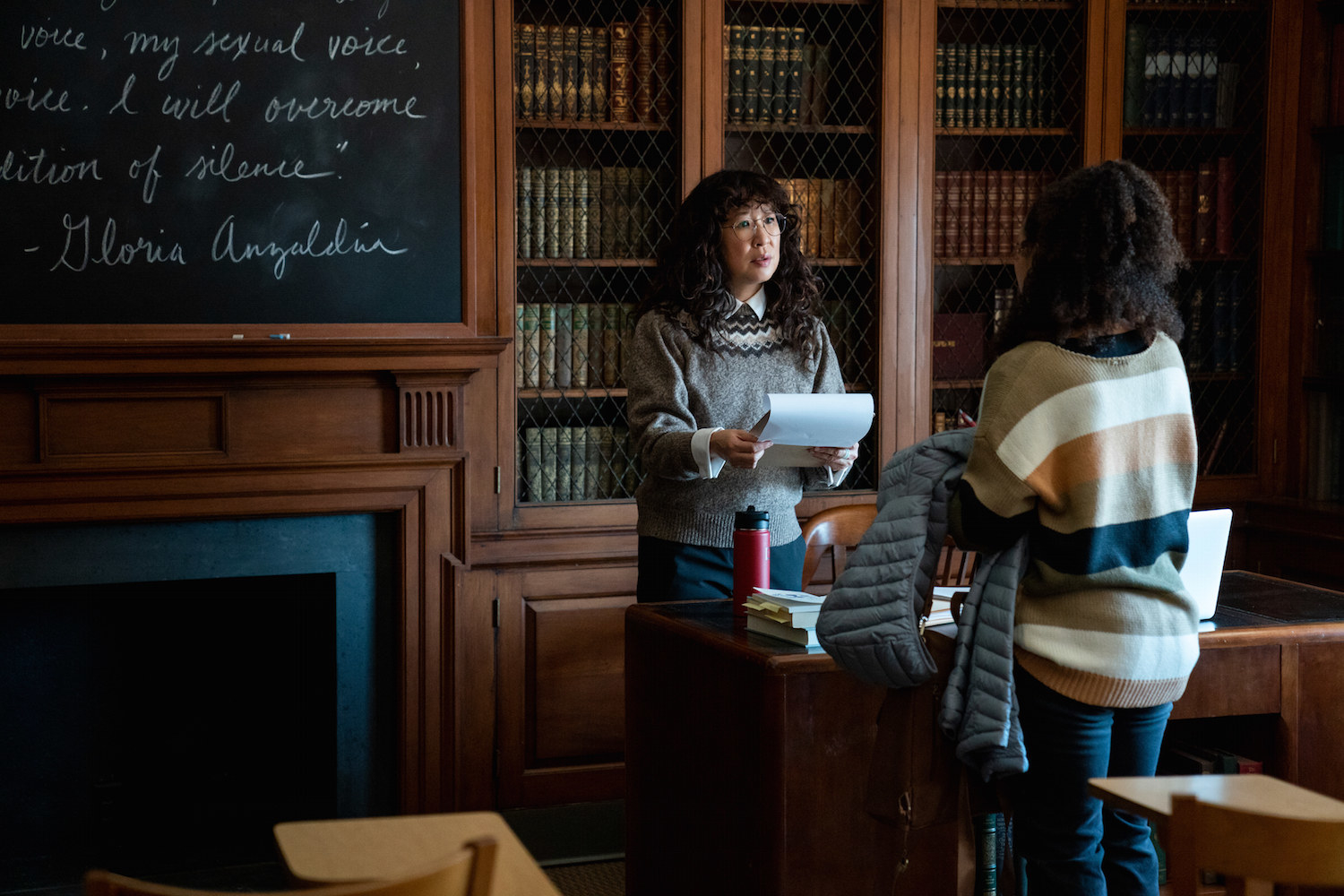Do You Know How Lucky You Are?
a transnational memoir
a transnational memoir
About Rani
Rani Neutill is the author of the memoir Do You Know How Lucky You Are? and co-editor of Bangtan Remixed: A Critical BTS Reader (Duke 2024). She is a recipient of a 2022 artist fellowship from the Massachusetts Cultural Council and has taught ethnic American and postcolonial literature at Harvard, Yale, Johns Hopkins University and other institutions. She currently teaches classes in creative writing at GrubStreet in Boston and Asian and Ethnic American literature at Tufts University and Emerson College. Her work has been published in The New York Times Book Review, ELLE.com, Al Jazeera English, CNN, Buzzfeed, Cosmopolitan, The Washington Post, amongst other publications. She is currently working on a novel about desire, race, and academia, and is represented by Lucy Cleland at Frances Goldin Literary Agency and Naomi Barton at A Suitable Agency.
About Do You Know How Lucky You Are?
Do You Know How Lucky You Are? (HarperCollins India) narrates Rani's relationship with her mentally ill Bengali immigrant mother, and the way she tragically died. The book maps the history of colonialism, gendered madness, and immigration. It examines how these forces impacted two generations of mother/daughter relationships.
Do You Know How Lucky You Are in pictures
Latest Articles
Published on the LA REVIEW OF BOOKS
Prohibition and Hope: The Politics of Jhumpa Lahiri’s Writings
As an undergraduate, I read Jhumpa Lahiri’s 1999 collection of short stories Interpreter of Maladies, and it was a revelation.
Published on the LA REVIEW OF BOOKS
BTS: Permission to Desire
“This is what being alive means. I forgot in that moment all the shame you have growing up, all the things that are stressful.”
Published on BUZZFEED
"The Chair" Accurately Portrayed How Women Of Color Dress In Academia
Not only did all the politics of an old, white English department ring true, but I was struck by how the women in the show were dressed — particularly the BIPOC women.
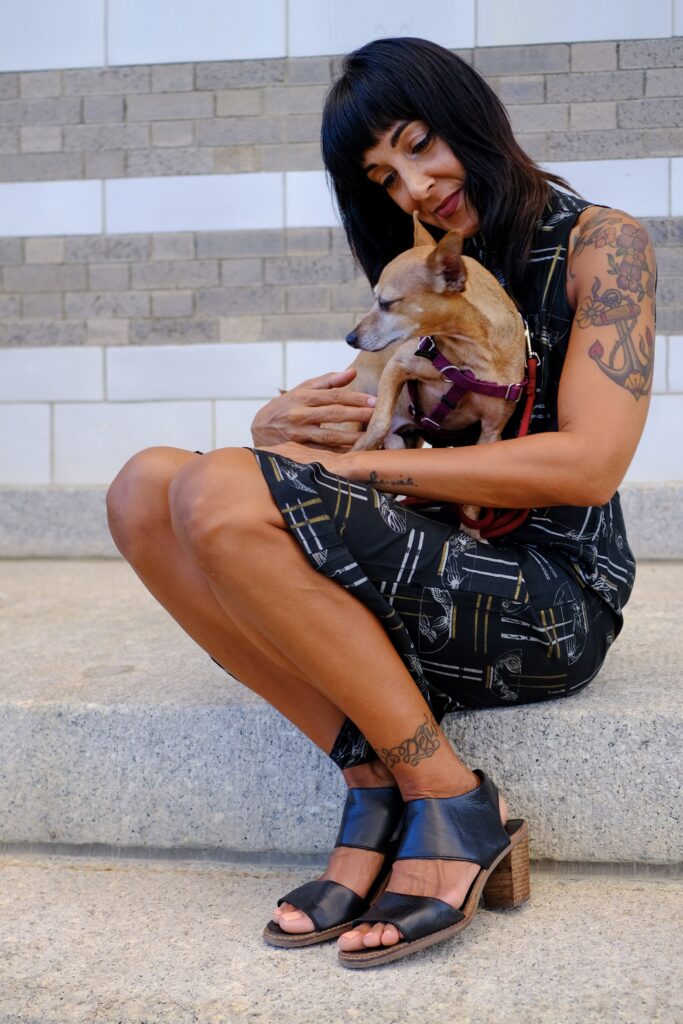
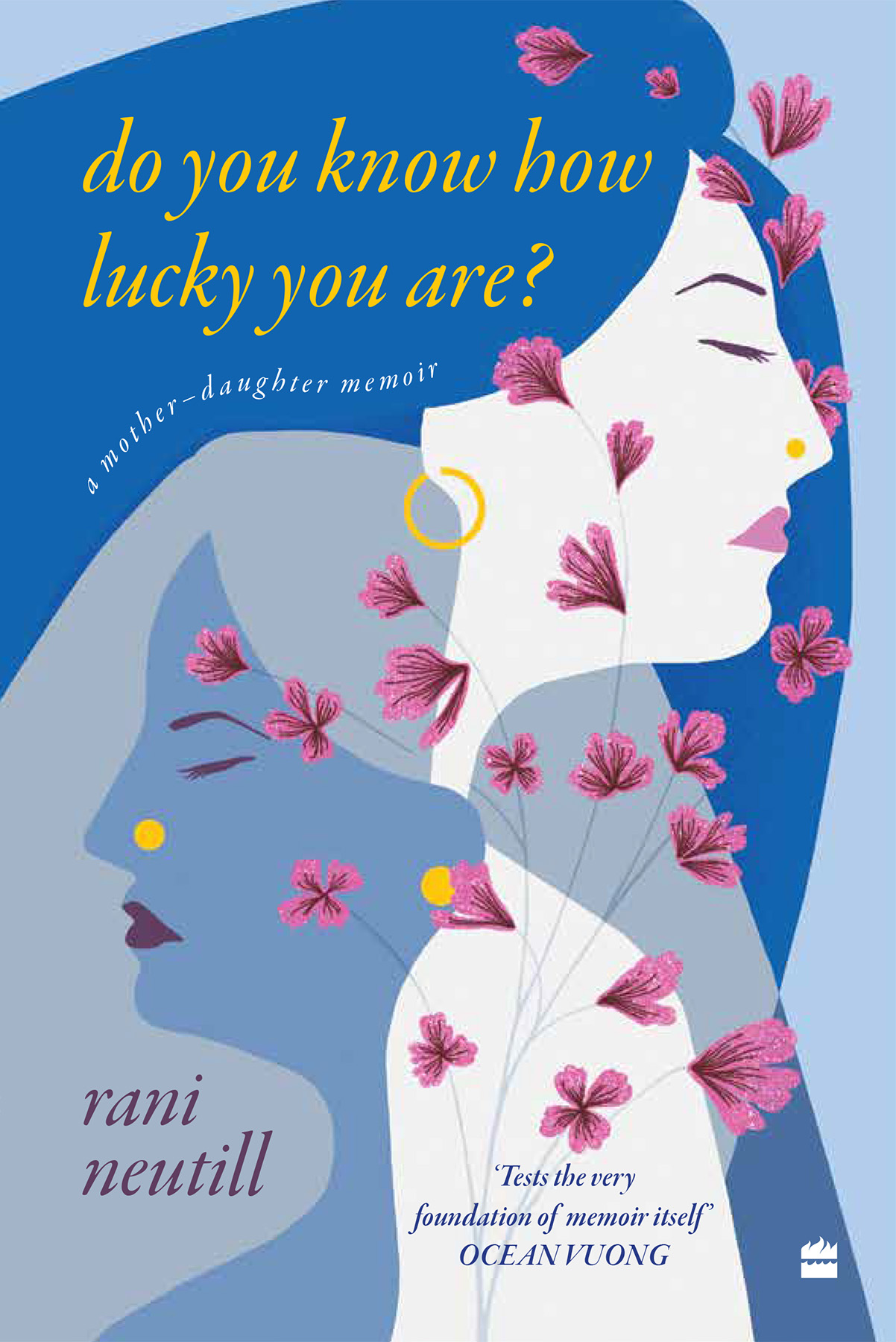
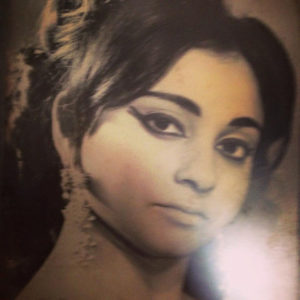
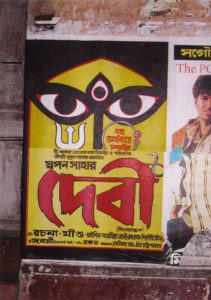
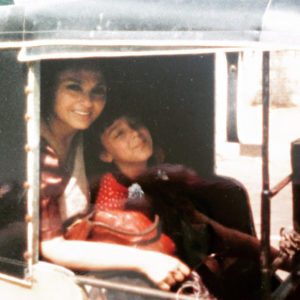
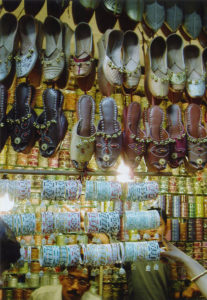
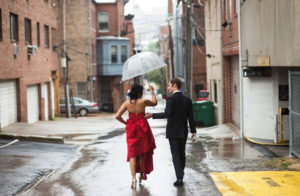
:quality(75)/https%3A%2F%2Fassets.lareviewofbooks.org%2Fuploads%2F202310Interpreter-of-Maladies.jpg)
:quality(75)/https%3A%2F%2Fassets.lareviewofbooks.org%2Fuploads%2F202302bts-pc.jpg)
